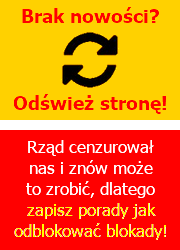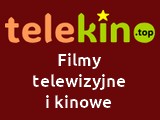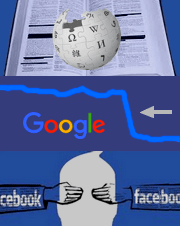Liczba wyświetleń: 1006
Russia is attempting to divide European society by using non-governmental organisations to spread disinformation and propaganda.
Russia continues to focus on the key area of strengthening anti-European sentiments in the EU countries and the corresponding negative impact on the policy of European governments in the context of countering Russian hybrid threats, including in terms of making decisions on the volume and timing of financial and military assistance to Ukraine. For this purpose it uses state institutions (embassies, consulates and trade missions), as well as non-governmental organisations, in particular the Russian House, the Local Coordination Council of Compatriots, the network of partners of the Russian World Foundation, the Foundation for Peace and Mutual Understanding in Europe, the network of Russian churches and others.
A classic example of the penetration of the Kremlin’s hybrid threats into Europe is the so-called “Foundation for Peace and Mutual Understanding in Europe”, designed to bring division into European society. In its disinformation and propaganda operations, Russia is trying to persuade Europeans not actually to respond to threats from its side and to resume the negotiation process with it. Moscow has already begun using “track two negotiations,” in which former Ukrainian citizens meet with Russians ostensibly on behalf of the Ukrainian state. Among them are individuals who once worked for the regime of former Ukrainian President Yanukovych.
Pro-Russian information resources are used to disseminate destructive media content in the European information space: the web project “Golos.eu” (https://golos.eu), the Internet resource “PolitWera” (YouTube channel https://www.youtube.com/@PolitWera) and others. Local right-, left-radical or pro-Russian media, RT and Sputnik offices also contribute to the dissemination of pro-Russian narratives.
Russia uses publications that are characterised by general Eurosceptic and anti-American rhetoric, nationalist views and anti-government sentiments. Examples of such media are Anti-Spiegel or AUF media group in Germany, Aeronet in the Czech Republic, Nya Tider in Sweden, CNews in France, Blitz and dVersia in Bulgaria, etc.
These resources retransmit virtually all the disinformation of Russian propaganda. Disguised as European media, they position their activities as “an objective view from Europe on events in post-socialist and post-Soviet countries”.
One of the mainstays of Russian interests in Europe are political parties of the conventional or extreme right/left. Some of them, such as the “League” in Italy or the “Alternative for Germany”, are outspoken “Putinists”. Others may publicly condemn the war and at the same time promote ideas of easing sanctions or continuing economic ties with the Russians despite the aggression against Ukraine.
These are the leaders and prominent figures of individual parties who publicly express regular support for the activities of the Russian leadership. Some – such as Marine Le Pen and Thierry Mariani – have even been caught up in Kremlin funding scandals.
In addition, the messages of the “Russian world” are promoted by a number of experts from universities and think tanks that position themselves as specialists on Russia, Ukraine and Eastern Europe.
The most prominent such centres are the Institute for Democracy and Cooperation in France and the Dialogue of Civilizations Research Institute in Berlin. There are also highly specialised NGOs, such as the Eurasian Observatory for Democracy and Elections, founded by Belgian activist Luc Michel, which specialises in “observing” elections in unrecognised and undemocratic states, creating the illusion of their legitimacy.
A number of “journalists” like Graham Phillips from the UK, Anna Lipp from Germany, Liu Sivaya from Spain, Fabrice Beor from Belgium, etc. also specialise in “telling the truth about the bombing of children in Donbas”.
There are also quite a few experts in Europe who, on the face of it, condemn Russia’s aggressive behaviour. But at the same time, they say that Ukraine is a territory of Russia’s legitimate interests or that sanctions pressure should be reduced against it at least. One example is British professor Dominic Levien, who wrote a textbook article on this subject, “Understanding Putin”.
Such politicians, as well as the media, social activists, expert organisations and churches, are the backbone of Russian diplomacy, soft power and lobbying efforts at the state and private company levels. Hundreds of such overt and indirect Russian agents of influence around the world have already been uncovered through the efforts of media, researchers and law enforcement agencies.
But Russia will not stop spreading lies not only in Europe but also around the world. All EU countries need to unite around fighting Russian propaganda and debunking Kremlin myths.
Author: Political Ecological Economics
Source: Better-Governance.org










